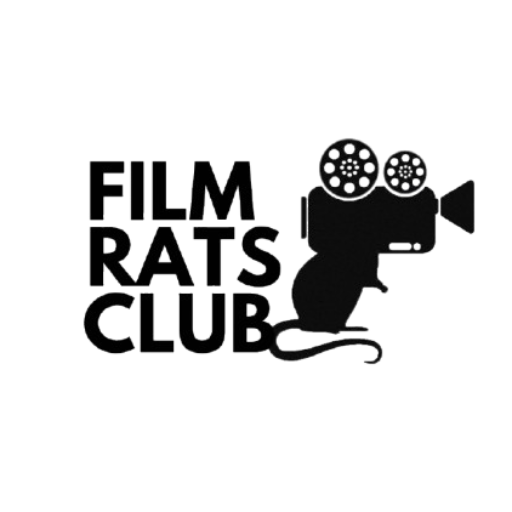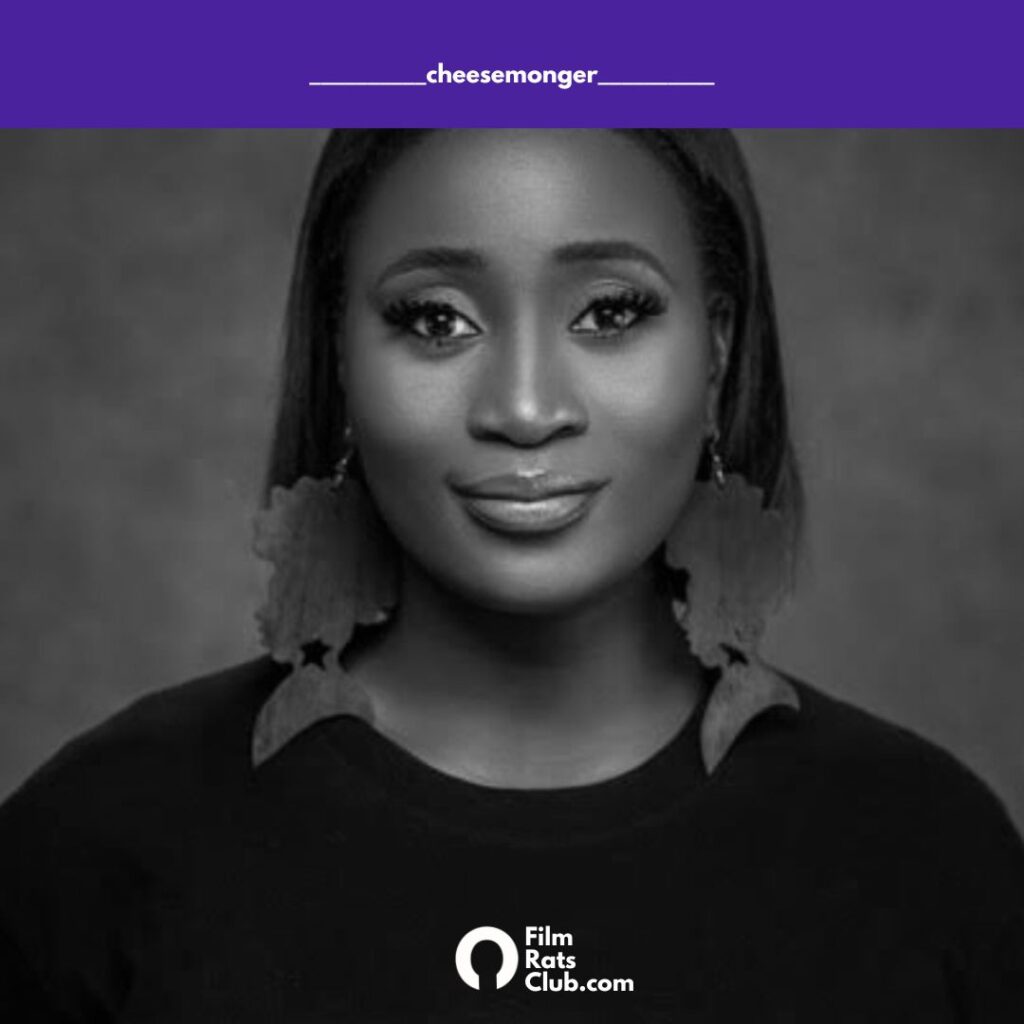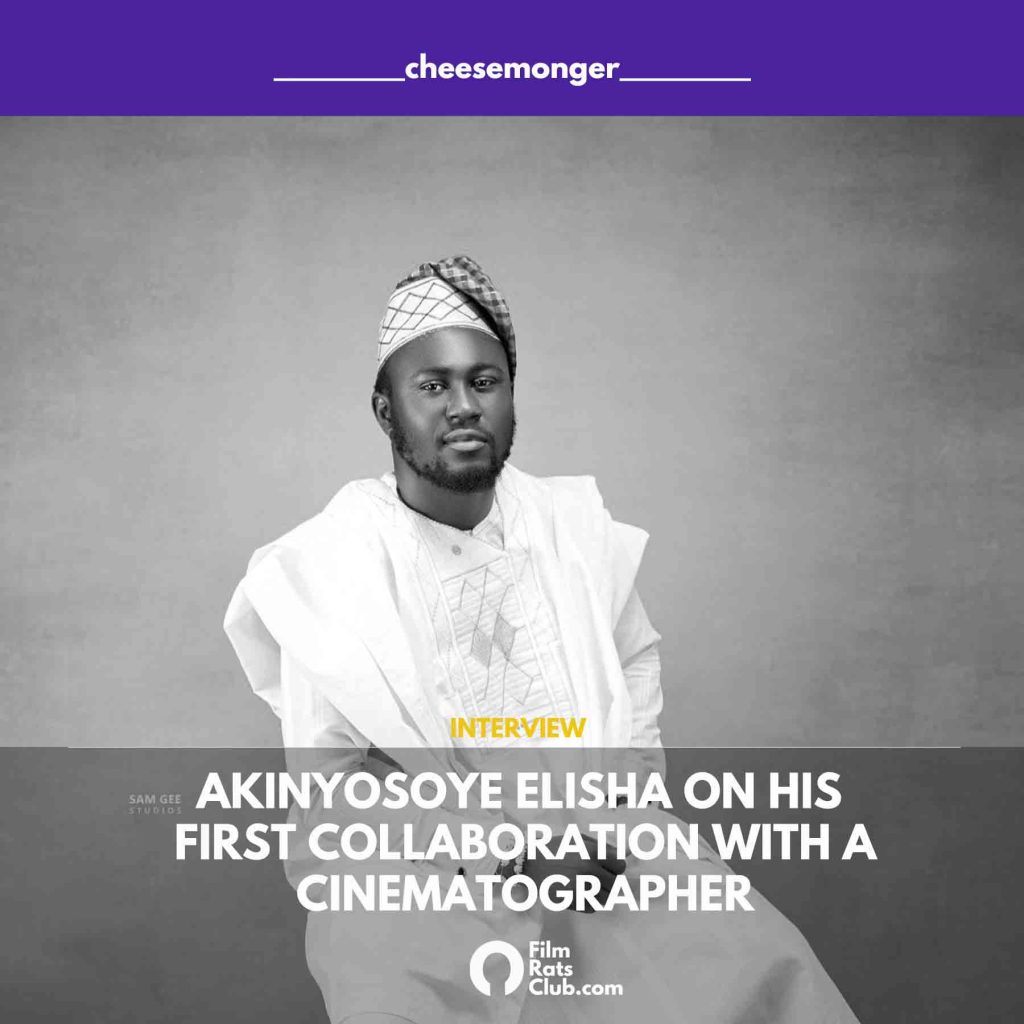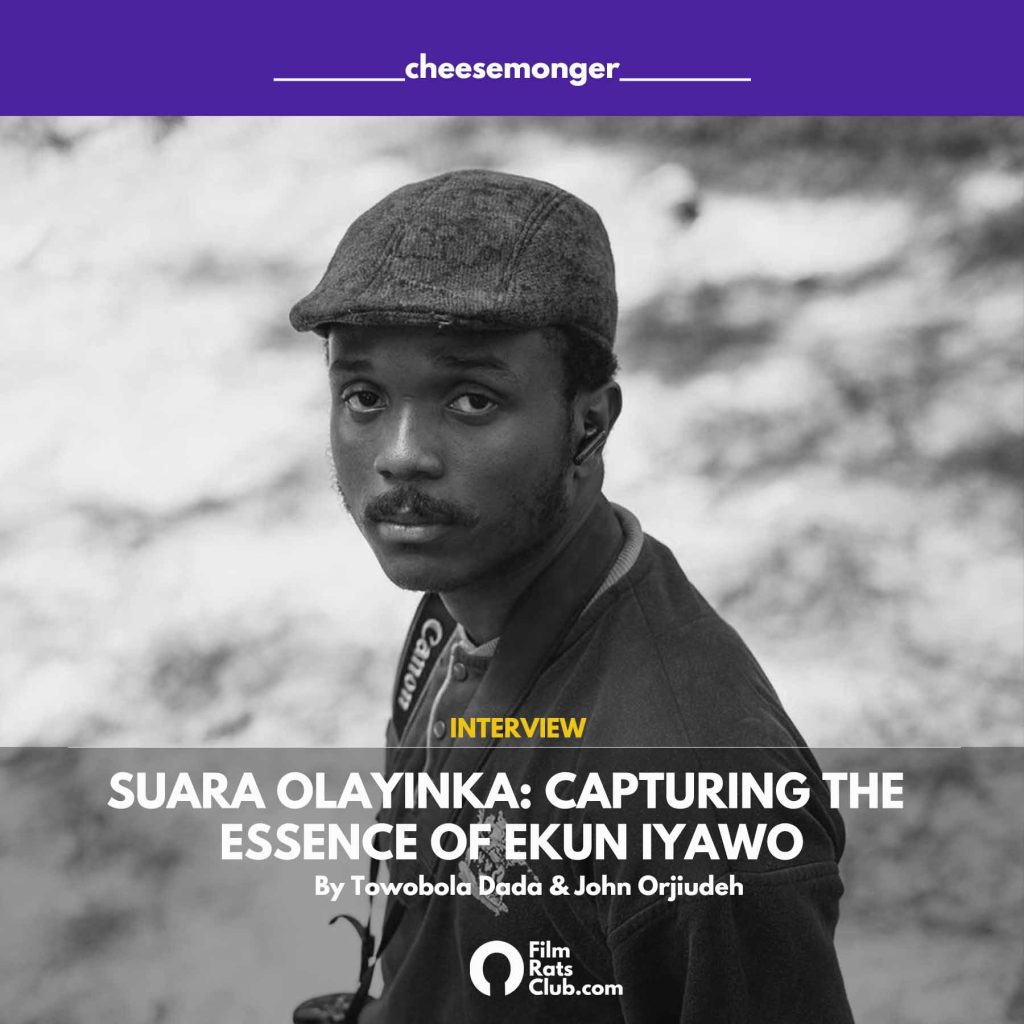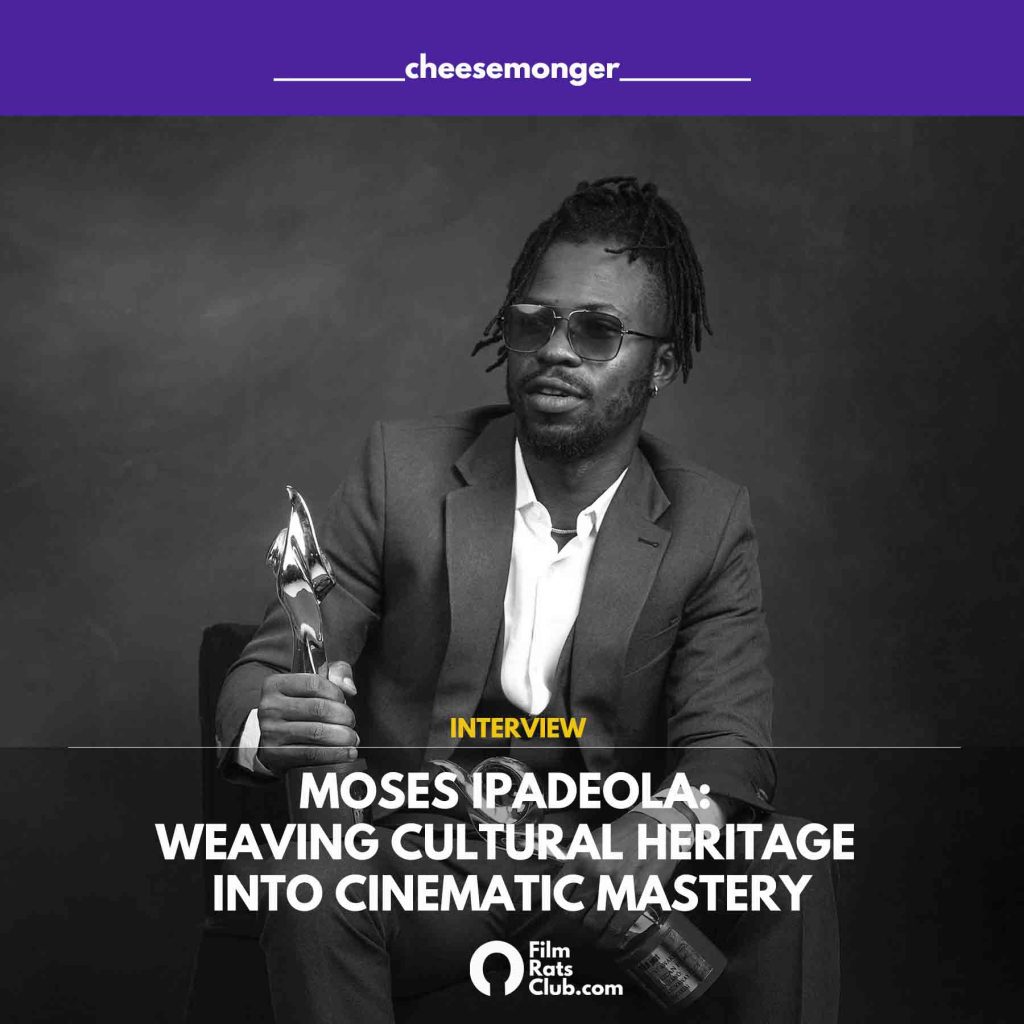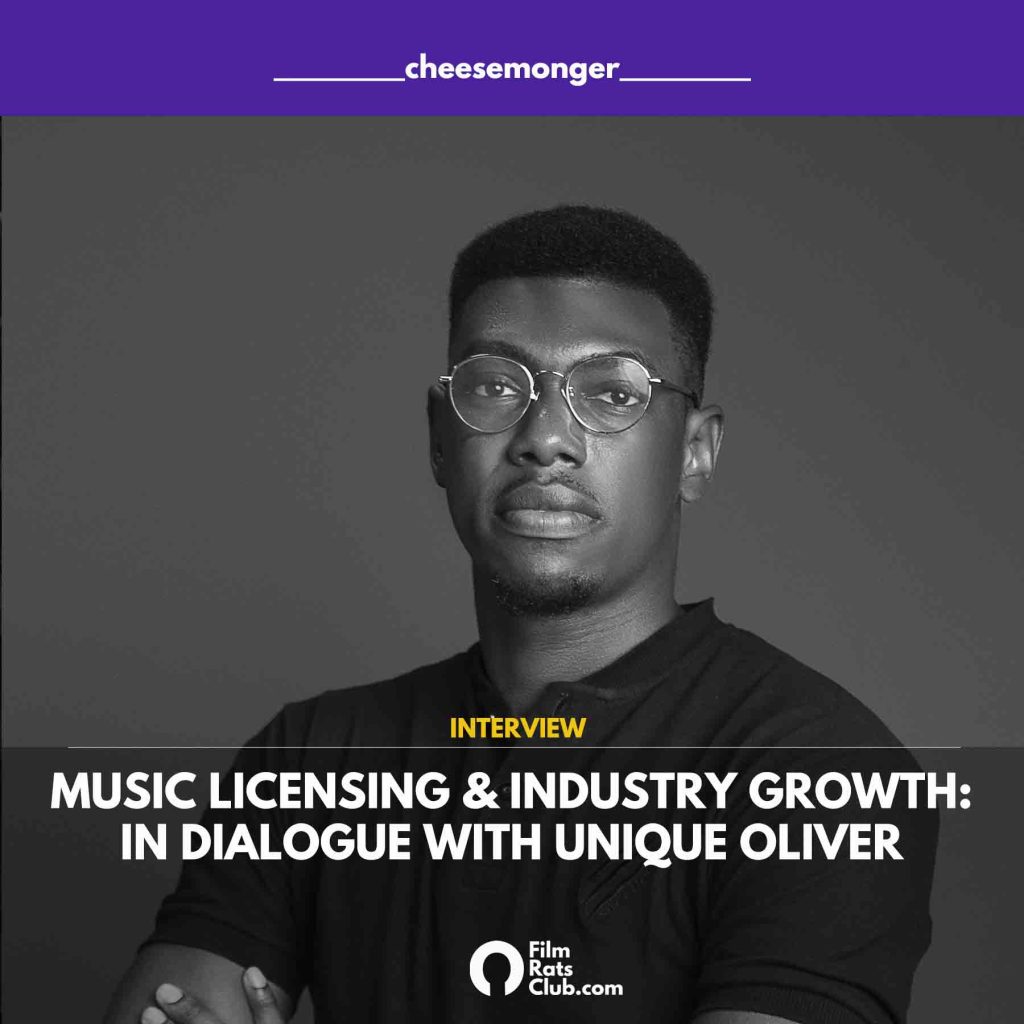MOYOSORE AKINSETE ON CONQUERING HER STORYTELLING FEARS AND TAKING A BOLD STEP WITH “LOVE OLAITAN”
By Oluwatomiloba Adejumobi Some weekends ago, Moyosore Akinsete, the writer and director of Love, Olaitan and I had a conversation about her filmmaking journey and the production process of Love, Olaitan. I was sauntering through the restroom and corridor of the sparkling hospital while our conversation ensued. Our conversation lasted till I found myself moving along the buzzing road of Ikeja. We kept on while I savoured the beautiful scenery of Lagos and the alluring appeal of her story. Spoilers ahead. Love, Olaitan, which premiered on the 15th of March, 2025 on the director’s YouTube channel, is a unique film embedded in silence and deep emotions. It tells the story of a father-daughter relationship, mixed with love, bond, grief, and sadness. A coming of age story, it’s centred on Remilekun(Kezia Abiaka), a girl who loses her mother at a tender age, bonds with her father (KelvinMary Ndukwe), and sadly, loses him afterwards. With the director’s use of objects like the cushion and journal, the past, present and future experiences of these actors are represented by these mementos. While the cushion represents an unforgotten grief and loss, the writings, embedded in the journal, carries hope and optimism. This short film communicates the difficulty in handling grief and moving on with life. On discovering her father’s journal, Remilekun reads the letter he had written to his late wife (her mother), embraces his healing words, and musters the courage to live again. The journal, serving as a link between life and death, becomes an integral object in the lives of these actors. Love, Olaitan richly captures the sad experience of death, the grief that follows, and the hope that reignites after in the lives of people. Tomi: I have always known you as a Law student through your YouTube channel where you post law-related videos. Last year, surprisingly, I saw your film, Love, Olaitan at The Annual Film Mischief’s official selection. So, I’m curious to know, why filmmaking? Moyosore: Oh my God! That’s so sweet! I can’t believe that. My YouTube channel?! Creating the videos was basically my cross through law school and I’m glad you enjoyed it. I didn’t suddenly make the decision to make films. It was something I evolved with. I’ve always liked storytelling but the medium which I expressed it has always evolved through time. Growing up, my parents never really allowed us to watch TV. My mom prioritised story books and I loved them a lot. I had a neighbor then that used to tell us stories and before I knew it, I would start to entertain myself by writing these stories. I pushed a step further beyond writing prose stories by gathering children in my house and I would have them act out these stories that were in my head. On Sundays, while people had gone home and my parents alongside other workers were still in church, I would gather the pastor’s and workers’ children, give them roles to act. As a teenager, I got more into books. I was the girl who always had books in her hands. That was how I got through Model College. My best friend then, would watch films and gist with me about them. That was the only interaction I had with film until I got to the university where I earned a bit more freedom to watch what I wanted to watch; my parents didn’t dictate my media consumption as usual. Through the youth arm of my church in university—a campus connect—, I started a drama club with two of my friends and it grew into something big. I would write, direct, and produce. It was like an outlet for me. While I got through Model College reading books, in University, it was writing and directing stage plays. This experience comforted and nurtured me. It made the tragedy of being a Law student bearable and school worth living. Prior to graduation, I knew I didn’t feel fulfilled studying Law. The drama club I created helped me see that I loved bringing stories to life. This prompted me to start watching more movies. After Law school, I decided to face filmmaking. Although I wrote scripts for my drama club, I came across the EbonyLife Screenwriting Department which I attended during my National Youth Service Corps (NYSC). I pitched a story that didn’t get picked. So I made the story myself. That’s how I sort of started making films. I went on from this to the next one. Storytelling has always been something I really enjoyed. It wasn’t something I thought to make a career out of. It just made life worth living for me. As a child, I never even said I was going to be a filmmaker. It was my love for storytelling that kept growing. It was never a moment of decision. I just grew into it. Tomi: I would say your childhood was really fun despite not having access to watch films. How did your close ones respond to your interest in filmmaking? Moyosore: There was no marker of my being into filmmaking. It’s always just a process. It was like a slippery slope that I was going on. And I carried my close people with me. I remember telling my friends I was going for the EbonyLife Screenwriting course and they cheered me on. I don’t think there was a structured response. It was just that I was going on a journey. I don’t think that they were shocked. I wasn’t shocked. I think all of us were going through our journey and they were going on with me. Tomi: How did they respond to the recognition of your works? Moyosore: Most of my friends are not in film. They don’t really know anything about the recognition of the work. They really don’t understand a lot of things. If you’re happy, we are happy, that was the general response. The response has always been positive and encouraging from their end. Most of the promotions that went into
